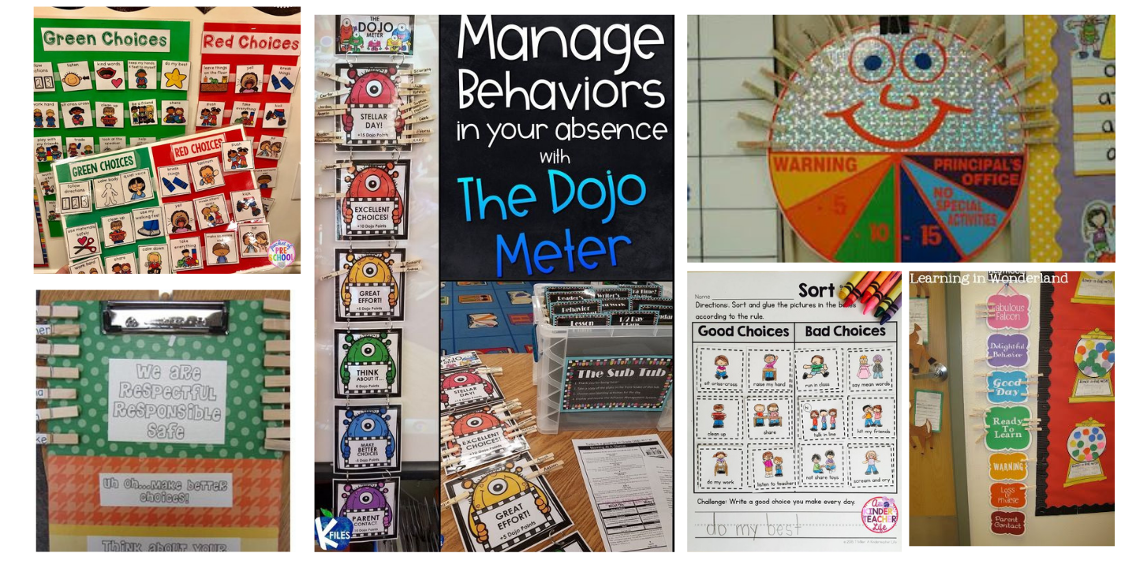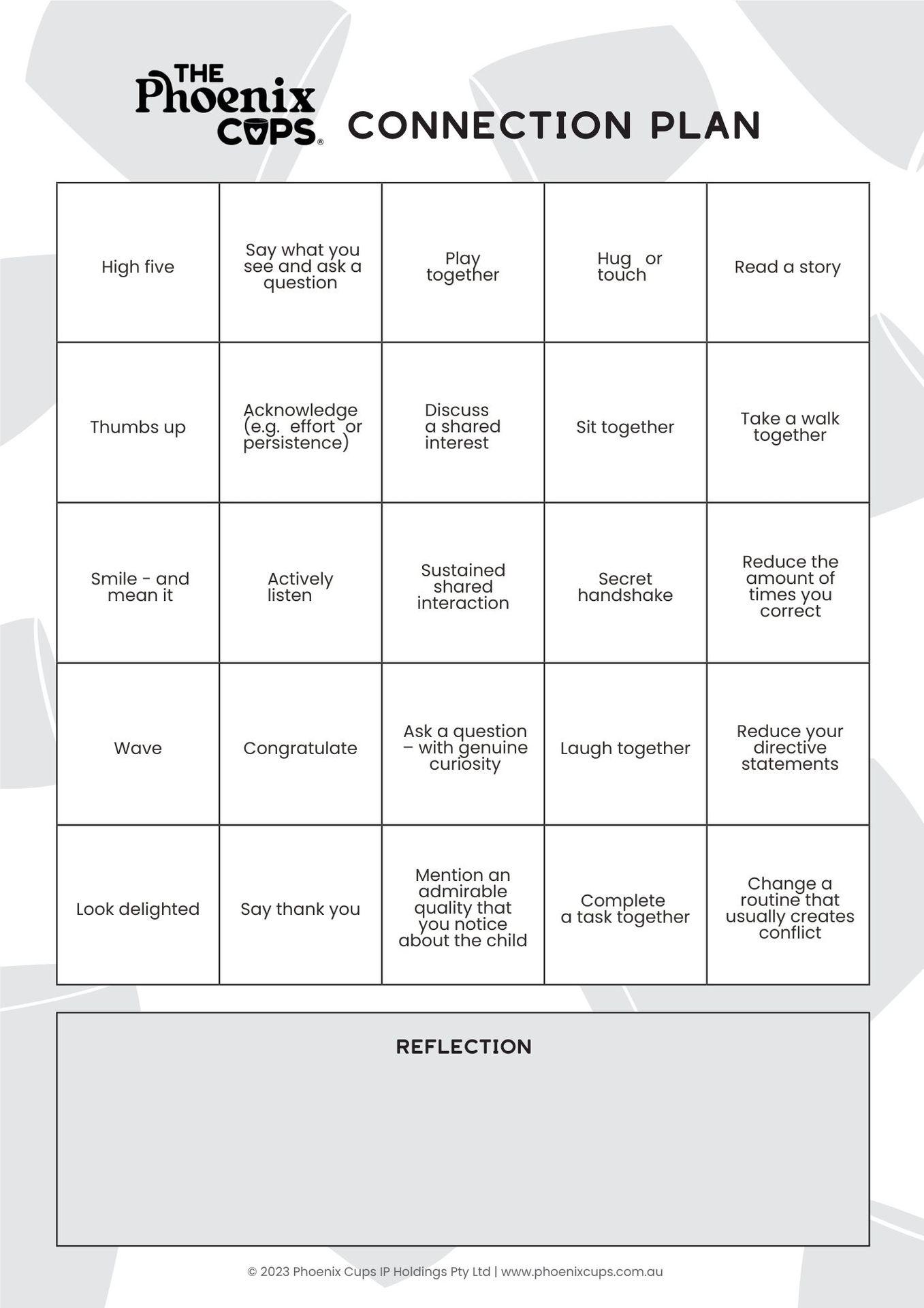The Connection Plan - A behaviour reward chart that will actually work!
Sandi Phoenix - Children's behaviour specialist
Children don’t ‘misbehave’ to get our attention, manipulate us, or annoy us. They do, however, use behaviours to effectively and efficiently meet their needs (or as we say, fill their cups).
They are not trying to drive us crazy because they’re spoilt or because adults that love them are rewarding their behaviours we don't like. They are, however, seeking the most rapid method of filling their cups and need our guidance to learn how to do so without emptying the cups of people around them.
They don’t need us to punish them more.
They probably don’t need more boundaries (any more than we do).
They don’t need to respect their elders more.
They’re not out of control because they know their rights.
None.
Of.
That.
They DO need our professional and empathetic (as our role requires of us) skills and guidance to learn how to fill their cups without emptying the cups of people around them.
They don't need a reward chart, warning chart, traffic light peg thingy. And they certainly don’t need a thinking chair or a smack (sigh).
Do I sound angry? Oops… I’m not angry, I’m disappointed. I have seen all manner of ‘behaviour charts’ since I started my career with children and my study in psychology 20 years ago. The problem is, I’m still seeing them despite all the research and evidence not to use them. We know they don’t create sustainable behavioural learning and they are clearly in no way respectful or inclusive. But they’re still in classrooms all around the world. Check out what the google says about it…

“But what else can we do?!”, I hear educators yell at me.
Here’s two top tips:
1) We can’t behaviour manage an empty cup. Firstly, understand the REASON behind the behaviour. According to the Phoenix Cups® framework, a behaviour is occurring due to an empty cup (representing an unmet need). 'Behaviour management' attempts to manage the symptom of that empty cup rather than address the cause. Instead, we need to create a cup filling plan.
2) Fill the Connection Cup® first. Rather than attempt to manage the behaviour, we need to connect with the person using the behaviour to truly understand what cup needs filling and make an effective cup filling plan. So if a child’s behaviour is challenging you and you don’t have a good strong relationship with them, drop everything and work on your relationship. As I've heard Trent Savill say, “Connection before correction” (check out his website complexcare.com.au for a reading about this and more).
Dr. Louise Porter so wisely states, “Children need our compassion the most when they appear to deserve it the least”. But it’s often that child that has their peg on the red angry face, the least ‘classroom dojo’ points or the fewest gold stickers. When I ask the adults who work with him/her, “What do you think is the motivation behind his behaviour?”, they often respond with, “He’s attention seeking”.
I don’t see it that way. At Phoenix Support, we call that “connection seeking”. Which is usually the result of an empty Connection Cup. It’s much easier to have compassion for a child when we view their behaviour as the outcome of an empty cup. Let’s not 'manage' these behaviours anymore. Instead, let’s provide the connection that the child is doing his best to get.
Positive reinforcement and rewards charts are SO last century! (Due to a truck tonne of research on why they're more harm than good). So, it’s time to create a chart that will actually work.
If you like rewards, or work with teachers that do, here's an opportunity to give yourself and your colleagues and your own personal rewards chart.
Every time you connect with a child, you fill their Connection Cup. Download this chart, give yourself a sticker / colour in the square / put a big love heart in it / cross it off. Whatever works for you. Get four in a row and give yourself a pat on the back for your awesome teaching efforts. Challenge yourself to complete the whole chart in a day – and watch the ‘attention seeking’ behaviours disappear.

Once you've completed the Connection Plan, you’re ready to free-style it. This time, use the blank chart on page 2 of the download and write your own cup filling plan OR use the chart to document actions that helped you connect AFTER you’ve done them. Write what you said, what you did, what you shared. What worked? What REALLY worked? What can you do the same or differently tomorrow? Rinse and repeat.
Happy cup filling! You’ve got this!
Share your successes and thoughts on social media with #phoenixcups.
Feel free to download the Connection Plan template here:
Then when you're ready, head to Part B of this post - Need a behaviour chart? Check yourself first.
* The Phoenix Cups® is a conceptual framework proposed by Sandi Phoenix for understanding children’s behaviour and designing effective plans to support behavioural and social learning.